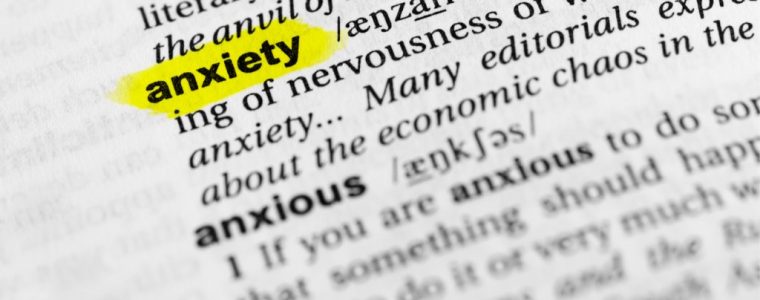The rise of eating disordered behaviors among teenagers is a growing concern among mental health providers. Eating disorders, such as anorexia nervosa, bulimia nervosa, and binge eating disorder, can have serious physical and emotional consequences. Unfortunately, the term eating disorders also refers to a range of unhealthy eating habits that can impact mental health and physical well-being.
Teens today are faced with a number of pressures that can contribute to disordered eating behaviors. They may feel pressure to conform to societal ideals of beauty and thinness, and they may turn to unhealthy dieting and restrictive eating in an attempt to achieve these ideals. The rise of social media has also played a role in the normalization and promotion of disordered eating behaviors. On platforms like TikTok and Instagram, teenagers may be exposed to harmful content that promotes unhealthy body image and weight loss techniques, or they may compare themselves to unrealistic and heavily edited images of celebrities and influencers.







